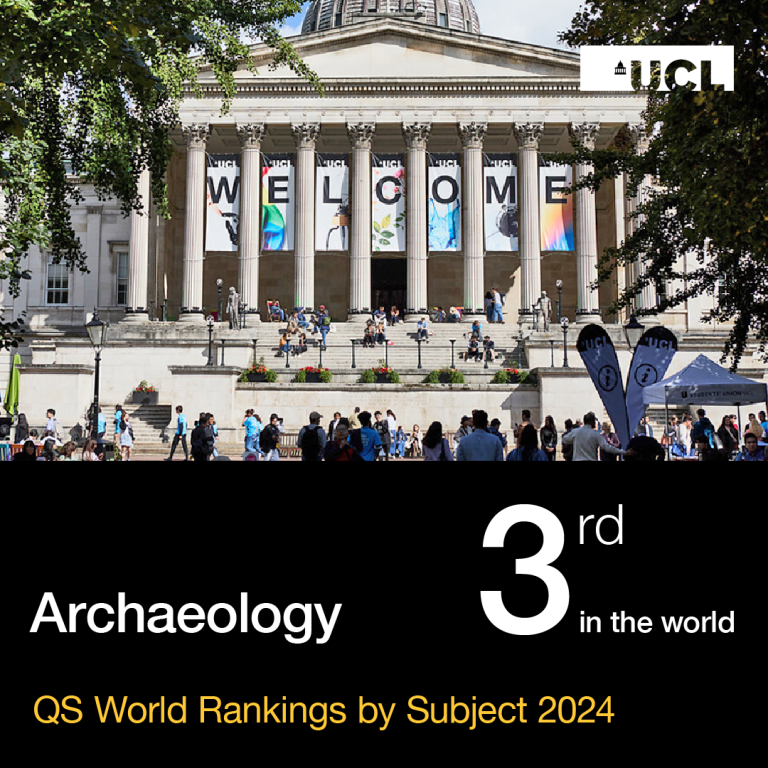This module introduces concepts and theories used to study the social significance of technology and material culture.
Students will debate how these concepts and theories are being applied in the analysis of archaeological artefacts. Seminars will use case studies to explore anthropological, archaeological and material science approaches to the study of technology and material culture. This interdisciplinary approach highlights the significance of material culture studies in relation to ethnographic, historical and archaeological examples.
Sessions follow the life-history of artefacts, exploring the sequence of raw-material acquisition, craft production, use, and disposal, as well as site formation and archaeological excavation. Handling sessions will be used to open discussion about research questions and analytical methods that can be applied more widely. Debating technology from anthropologically-informed perspective should help students to think creatively about how the analysis of artefacts can be used to address research questions.
A group project will require students to work on individual themes and then draw these together to develop a research proposal. This wide-ranging introduction to theories and approaches used in the study of archaeological artefacts should equip students to consider these ideas in relation to their other course options and dissertation projects.
Aims of the module
This module introduces a wide range of concepts and ideas used in artefact studies, with a strong critical consideration of the academic and theoretical significance of such research. More specifically the module aims:
- To provide a wide-ranging and challenging introduction to the role of artefact studies in modern archaeology.
- To encourage students to think about technology from an anthropologically informed perspective that focuses on how and why people make and use artefacts.
- To encourage an interdisciplinary approach to artefact studies and the scientific analysis of materials.
Objectives of the module
On successful completion of this module a student should:
- Be familiar with a wide range of recent archaeological, anthropological, and broad theoretical debates about the role of material culture and technology within society.
- Participate in debates about how to apply practical approaches to the study of artefacts to address wider archaeological research questions.
- Consider the potential advantages and constraints inherent within different approaches to artefact analysis.
Learning Outcomes
On successful completion of the module students should be able to demonstrate/to have developed the following abilities:
- to read and listen to a range of different approaches to a topic and to use this information to participate in discussion and write a reasoned argument as to why they favour one or more of these.
- to identify how relevant data can be identified and recorded using appropriate analytical methods with which to address specific research questions.
- to work as an individual and as a group to develop a project proposal that integrates distinct forms of data gathering.
Teaching methods
Each weekly session will start with a short lecture followed by seminar discussion of relevant literature where students should actively engage in debate. Seminars have two or three essential readings each week, which students are expected to have read and critiqued prior to class and contributed to a pre-class discussion on the course Moodle. Some classes will include artefact handling where this is relevant to support discussion and debate. There will also be both individual and group work required in developing the group project.
Formal assessment is based on two pieces of coursework. A 1000 word component within a group project will contribute 40% to the final grade, and a 3000 word essay will contribute the other 60%.
Module information
- Code: ARCL0169
- Credits: 15
- Coordinators: Michael Charlton
- Prerequisite: This module does not have a prerequisite.
- Handbook: open»
For registered students
- Reading list: open»
Availability
- Running in 2023-24
 Close
Close


